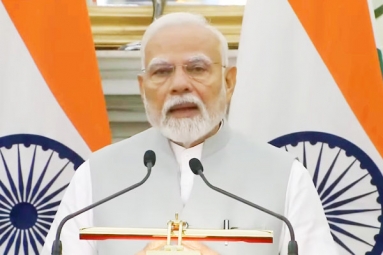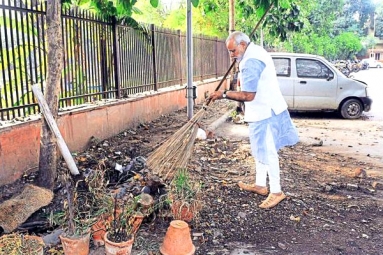
(Image source from: Reinvent toilets)
How do you propose to improve global public health while facing challenges like water scarcity, poverty and urban growth. Whatever you suggest, you are unlikely to say reinvent the toilet and save $260 billion worldwide.

Bill & Melinda Gates Foundation did exactly that. They threw a challenge to scientists to try and reinvent the toilet. The challenge was accepted and their innovation was exhibited this Saturday in New Delhi at the Toilet Fair.
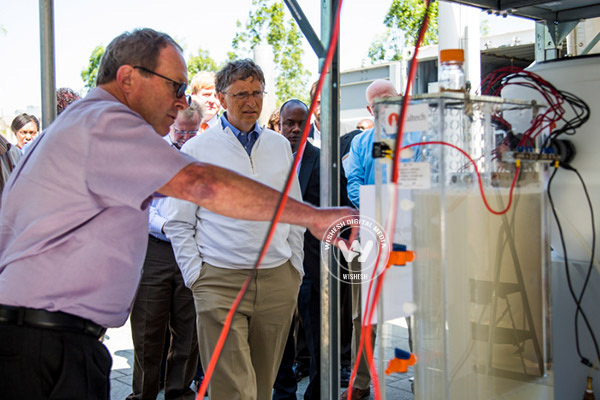
Scientists had the primary goal before them to innovate products that would sanitize waste, use minimum water or electricity, and at the same time produce a usable byproduct that would be cost effective.
The challenge before scientists participating at the at Saturday's Toilet Fair on Saturday was to create a design that would not only treat urine and feces, but would also convert the byproduct into economically-viable resources like fuel, electricity or fertilizer.
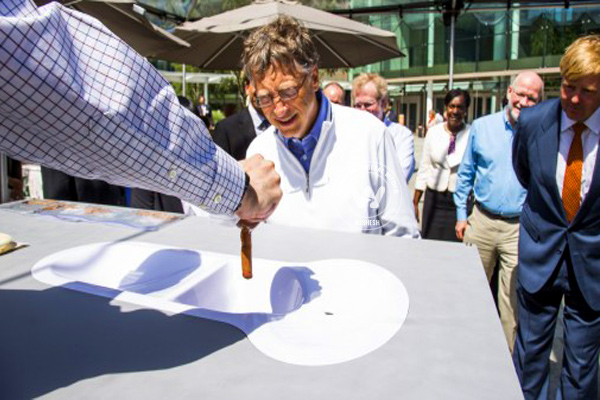
The designs have been funded by the Gates Foundation grants during their different stages of development.
Janicki Industries, a Washington-based company, designed a power plant that generated electricity from the waste of a small city. The power plant could produced 150 megawatts of electricity that can provide energy to thousands of homes.
A urine-powered fuel cell useful to charge mobile phones overnight was developed by the University of the West of England, Bristol from the waste.
The University of Colorado, Boulder, converted the waste into charcoal-like product called biochar that can be used as cooking fuel or fertilizer. They designed a system where fiber optic cables were used to bring concentrated solar power to heat waste to about 300 degrees Celsius. The process not only kills pathogens but also creates the useful biochar.
There were other toilet designs that collapsed neatly for easy portability into slums, disaster zones or music festivals. One particular design emptied wastes into pits which had waste-munching cockroaches and worms.
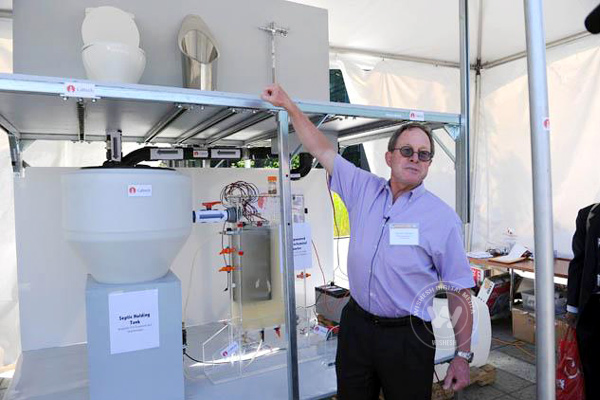
According to the World Bank, poor sanitation has an economic cost. On an annual basis, poor sanitation has been estimated to costs $260 billion that includes loss of life, missed work, medical bills and other related factors. The economic cost for India alone stands at a staggering $54 billion.
(AW: Pratima Tigga)






